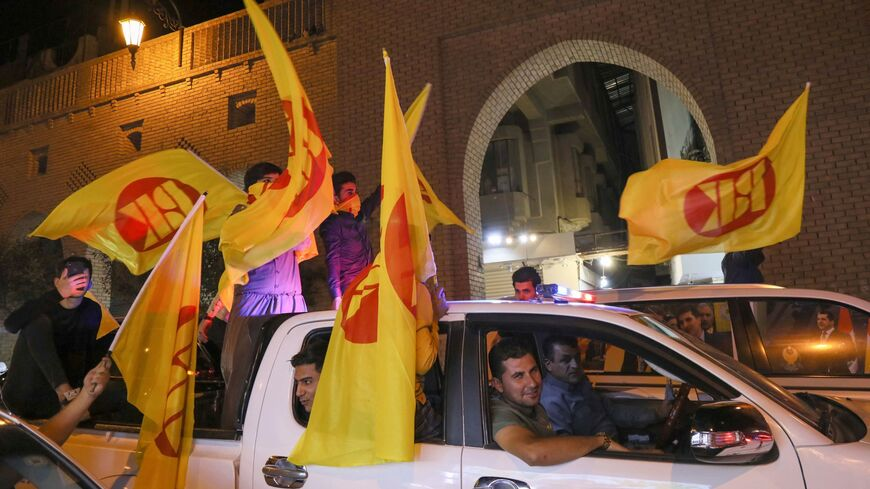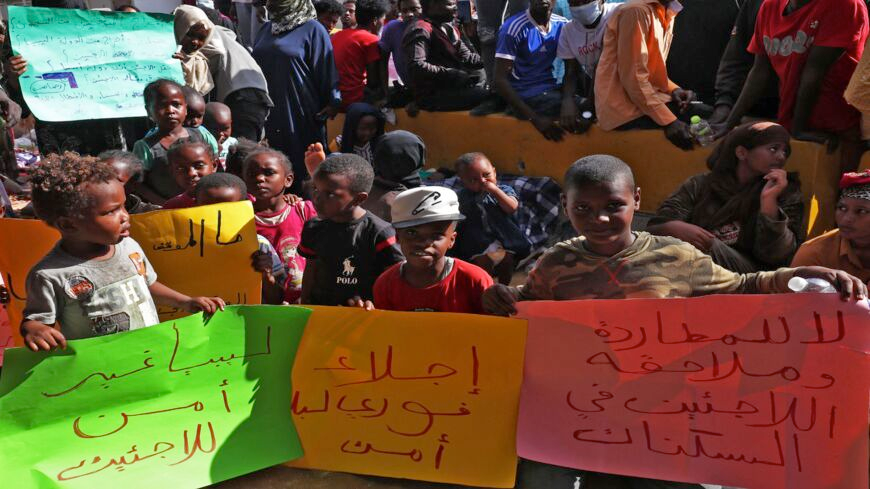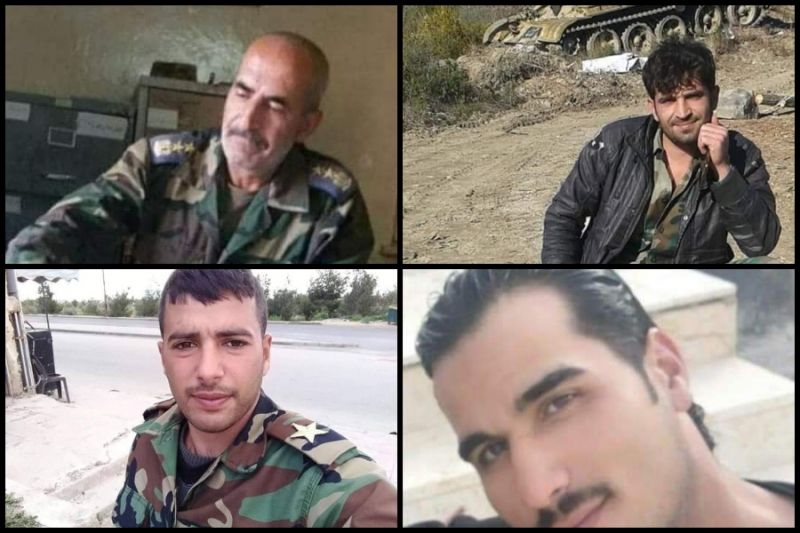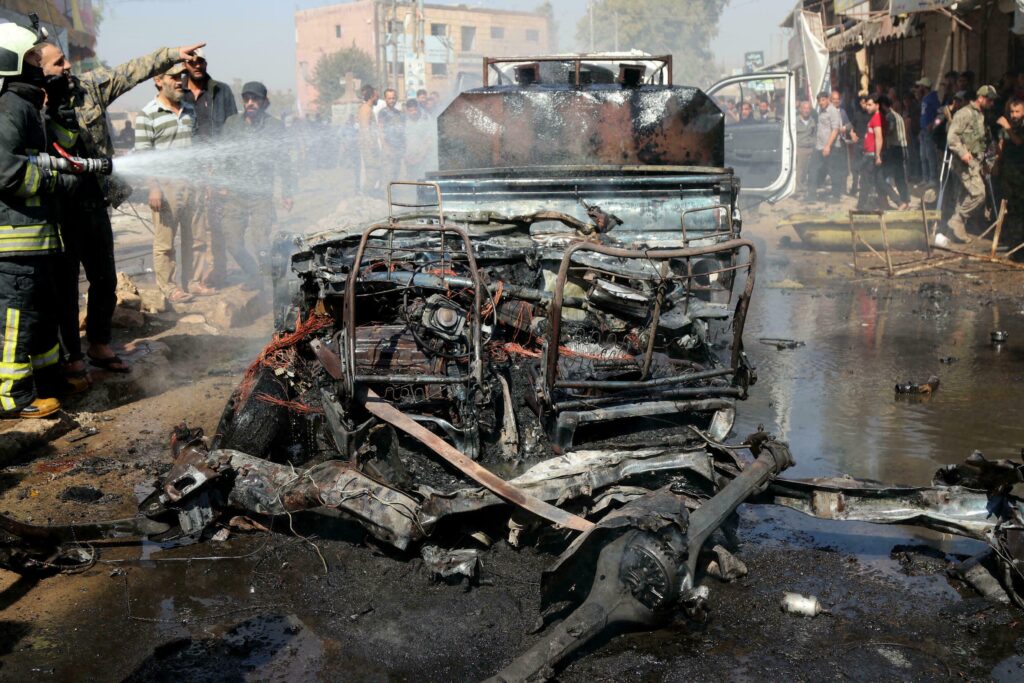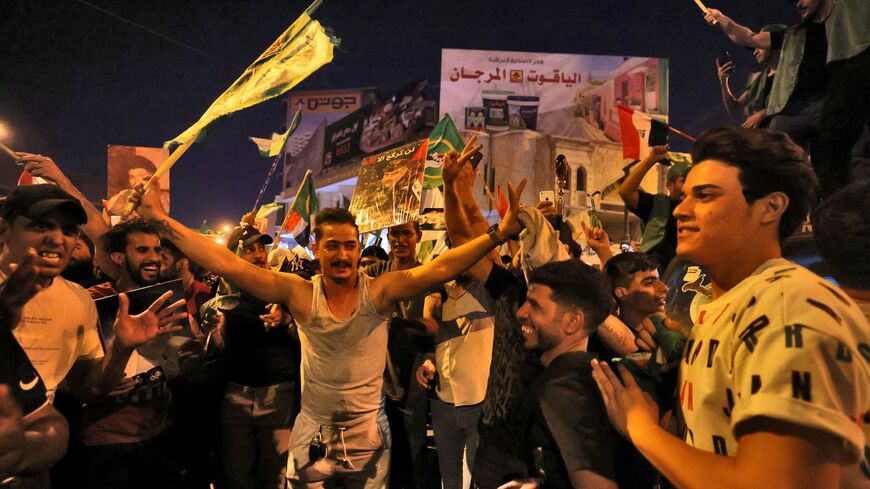UN says Sudanese migrant beaten, shot and killed in Libya
A Sudanese migrant was beaten, shot and killed in Libya after escaping from a government-run detention center in the North African country, the U.N. refugee agency said on Wednesday.
The 25-year-old who arrived in Libya two years ago was detained and held in the Mabani detention center in the Libyan capital, Tripoli, one of more than 5,000 migrants detained in a massive crackdown earlier this month.


